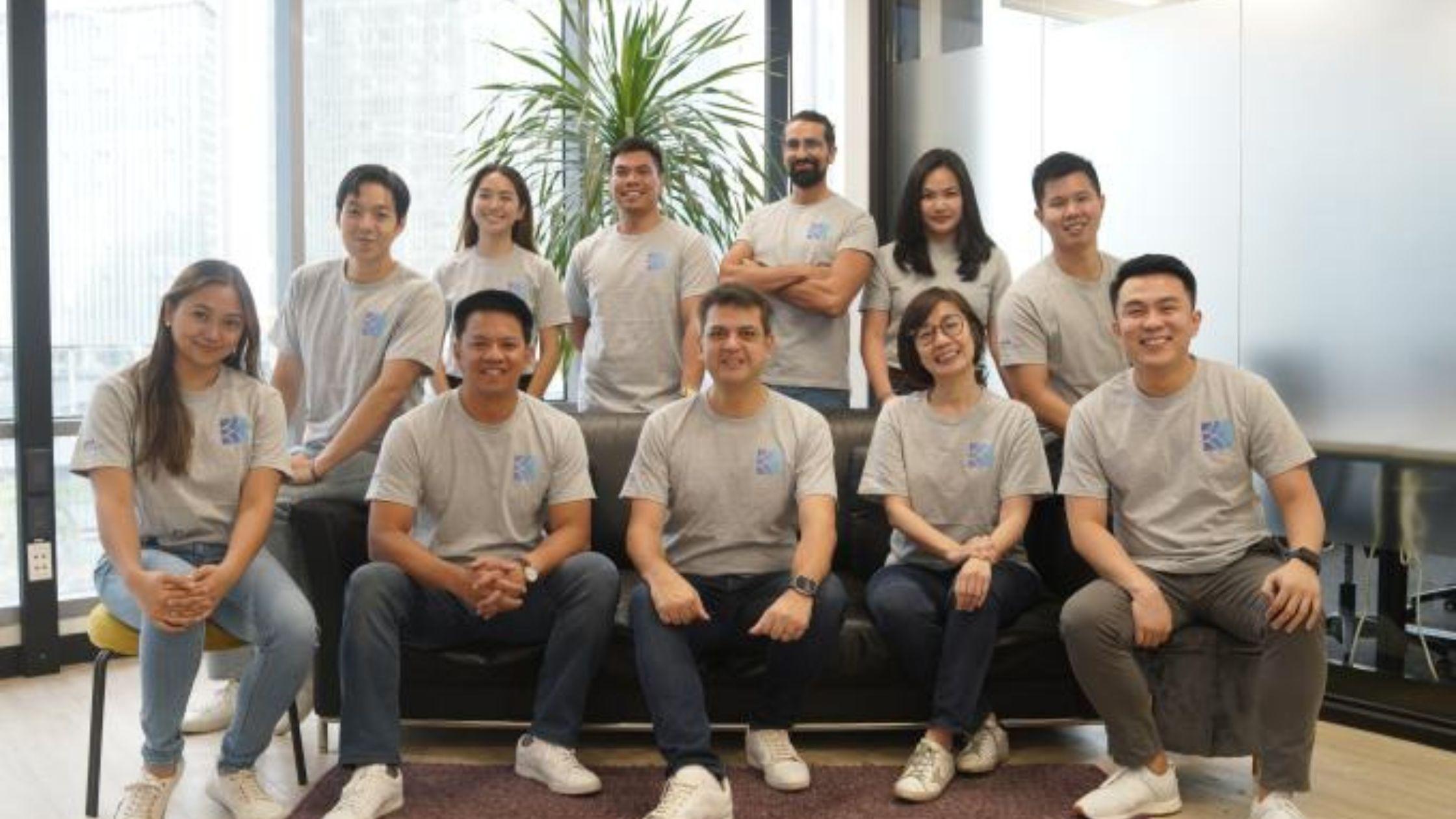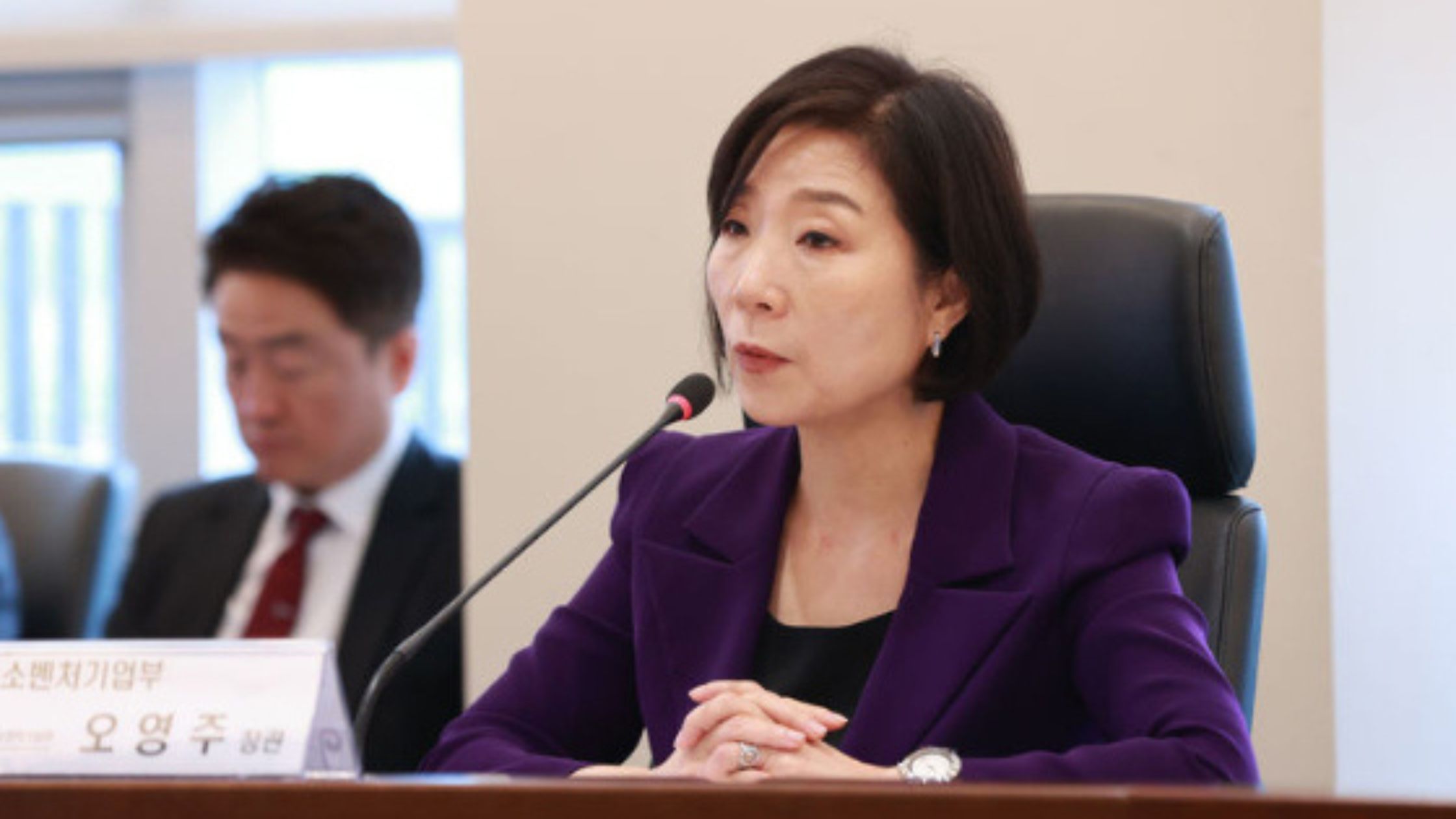AsiaTechDaily – Asia's Leading Tech and Startup Media Platform

Philippines VC Firm Kaya Founders Raises $12M to Support Southeast Asian Startups
The Philippine venture capital firm Kaya Founders has successfully raised $12 million in funding for two new funds. The Gokongwei family played a key role in anchoring the funding round, which also saw participation from institutional investors, family offices, high-net-worth individuals, and renowned entrepreneurs. With this funding, Kaya Founders now manages a total committed capital of $16.5 million and has set a target of reaching $25 million.
Kaya Founders, a venture capital firm based in the Philippines, has introduced two new funds to support startups at different stages of their growth. The Zero to One Fund will focus on pre-seed startups, while the One to Ten Fund will cater to seed to Series A startups.
The firm aims to provide funding in the range of $150,000 to $500,000. While Kaya Founders remains open to investments across various sectors, they will pay closer attention to companies operating in D2C e-commerce, B2B marketplace, future of work, climate tech, and generative AI. With a focus on nurturing startups, Kaya Founders is particularly interested in supporting home-grown ventures in the Philippines.
Kaya Founders, established in 2021, brings together a team of entrepreneurs and investors, including Paulo Campos, Lisa Gokongwei-Cheng, and Constantin Robertz. Their collective expertise spans sectors such as e-commerce, media, and logistics. Since its inception, Kaya Founders has supported over 30 startups operating in diverse fields, including digital health, fintech, B2B SaaS, agritech, and proptech. Their portfolio includes notable companies such as Good Glamm Group, Kumu, Dali, and Edamama.
According to Paulo Campos, the managing general partner of Kaya Founders, the Philippines is currently experiencing a great window of opportunity for startups. Campos believes this can be a golden age for entrepreneurs in the country with the proper support. He highlights the emergence of a dynamic group of founders with brilliant ideas, emphasizing the need for assistance not only in funding but also throughout the entire startup ecosystem. Campos states, “They need support – with funding, but also across the whole startup ecosystem.”
Drawing parallels with previous success stories in markets like India and Indonesia, Campos notes that the tech scene in the Philippines is following a similar growth trajectory.
Factors such as favorable demographics, supportive government policies, and, most crucially, a critical mass of tech talent have contributed to the surge in these countries’ technology sectors. The Philippines is now witnessing the rise of a new generation of founders, including corporate executives, second-generation tech talent from industry giants like Grab, Lazada, and ZALORA, and individuals educated or trained abroad keen to make their mark in their homeland. Campos asserts, “The same is proving to be true for the Philippines, as new breeds of founders begin to emerge.





